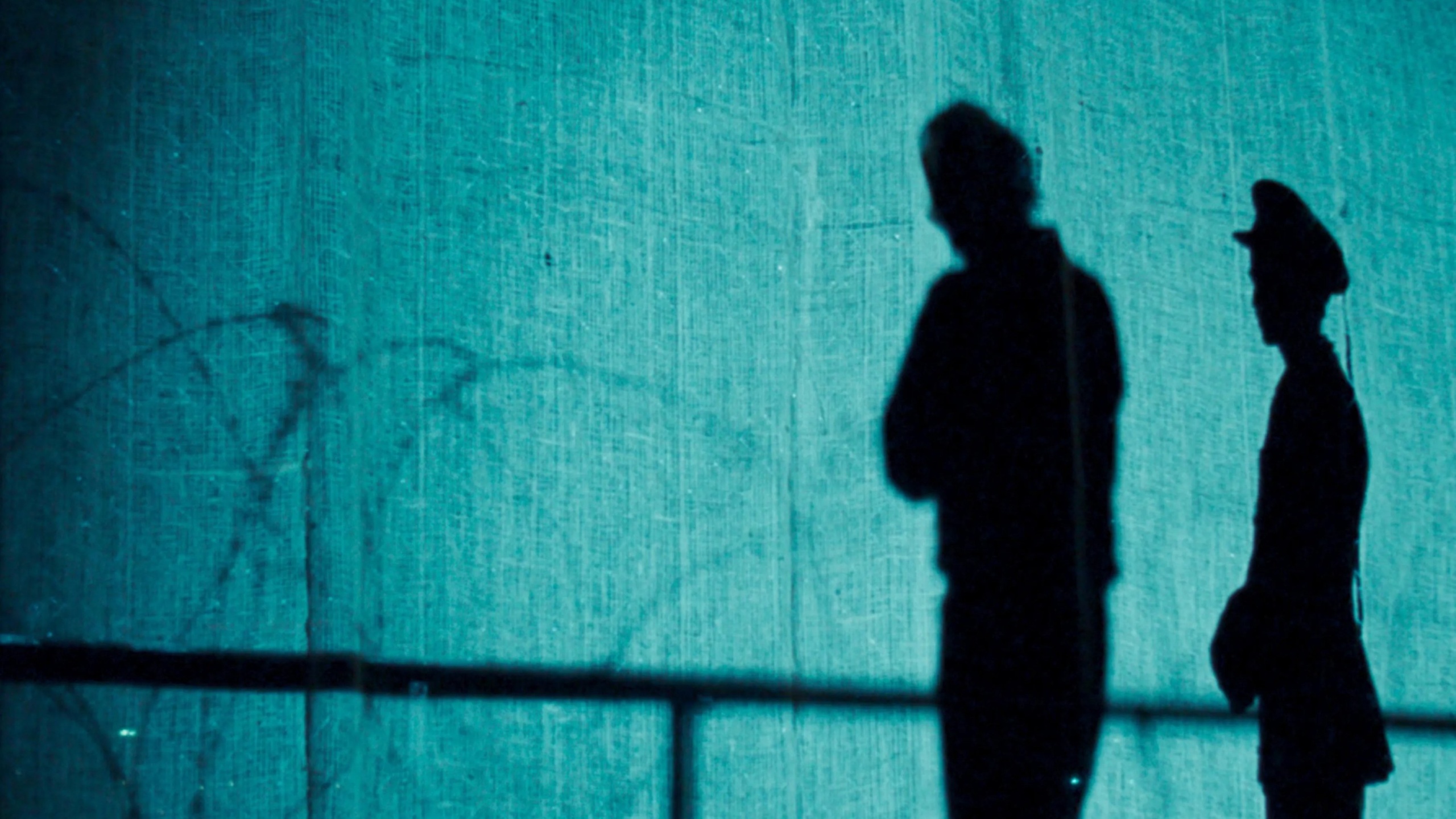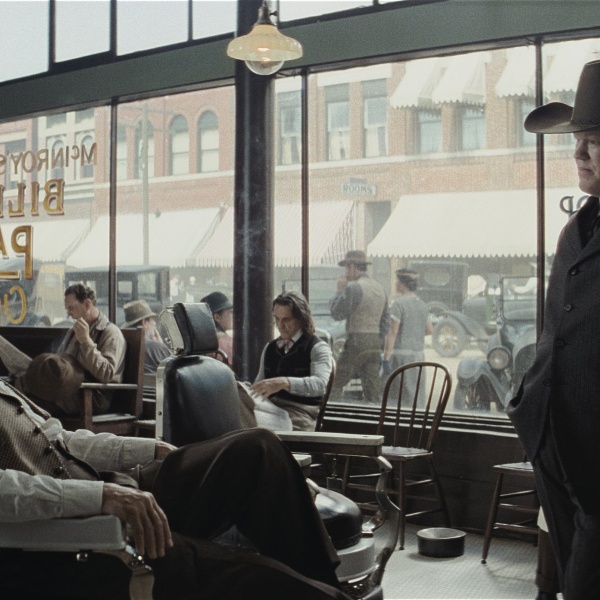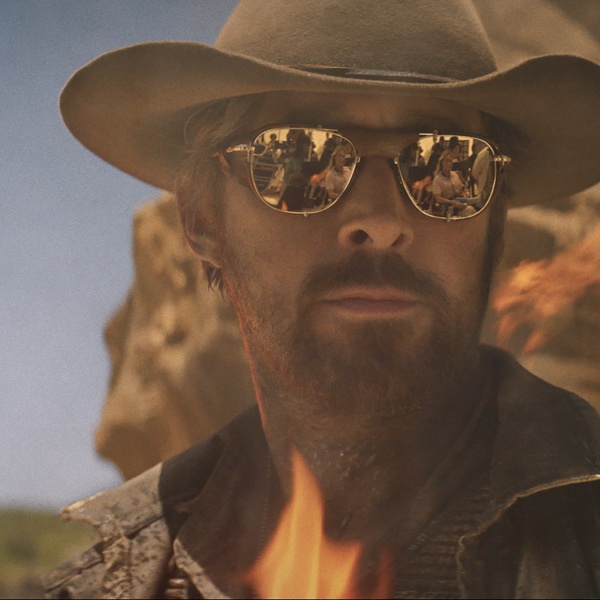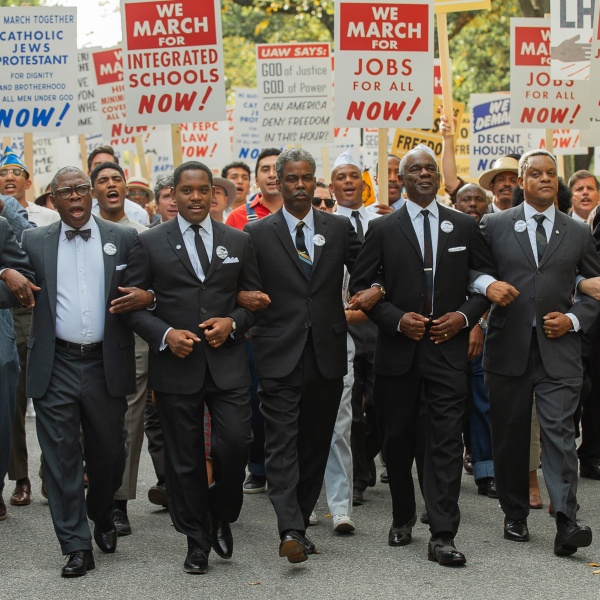The capture, trial, and execution of Adolf Eichmann is a profound moment for the processing of historical trauma. One of the architects of the Holocaust, the Nazi leader was so driven by hate and a murderous desire to exterminate the Jewish people that a fellow Nazi testified at the Nuremberg Trials that Eichmann once said if he should die he would “leap laughing into the grave because the feeling that he had five million people on his conscience would be for him a source of extraordinary satisfaction.”
Jake Paltrow‘s new Israeli drama “June Zero” shows how infinitely more complex the feelings in Israel were around the time of the conviction and execution in 1962. The nation’s intelligence forces had located him in Argentina and captured him two years earlier without the authorization of the Argentine government, which had looked the other way to Nazis settling there following the end of World War II. When the moment of his execution came, there was an expectation that there would be some feeling of closure for anyone who’d lost someone in the Holocaust or had suffered through it themselves. That feeling may have been ephemeral, however, and in Paltrow’s searching but scattered look at what was happening around the execution at that moment it arrives at one inescapable conclusion: Eichmann didn’t deserve to live, but the Jewish people didn’t deserve to have to be the ones to bring him to justice alone. Sadly, they had to, as the rest of the world would have looked away.
“June Zero” presents three stories and then shows where they intersect: There’s the 13-year-old Arab Jew named David (Noam Ovadia), forced alongside his family to flee Libya because of his religion but obviously not accepted as fully Israeli by many people around him in his new country. With his father, he primarily speaks Arabic, and when he gets a job with a machinist, Shlomi (Tzahi Grad), someone says threateningly to him that his new boss has killed a lot of Arabs. But David and his employer seem to hit it off, even as David steals and breaks the old man’s pocket watch. Does Shlomi really have affection for this boy, or does he just need a skinny kid to help him build his next project: A large crematory oven, one that needs to be assembled in secret.
That’s because it’s going to be used for just one person: Eichmann. Given that his capture and removal from Argentina was illegal under international law, the Israeli government is keen to make sure that every other part of his trial and execution are handled by the book. That means promptly incinerating his remains so that Eichmann’s corpse is neither disrespected — thus making this look like it was just an exercise in revenge, not justice — nor that it’s turned over to his family where his grave could become a shrine for Nazis the world over. Unfortunately, the crematorium in question comes directly from the blueprints for a contractor for the Third Reich. And that alone is enough to inspire near mental collapse from several members of Shlomi’s shop who are forced to build it. Perhaps all the more reason to have a 13-year-old kid involved who isn’t as crushed by the memory of past events.
The second story is about Eichmann’s prison guard, Haim (Yoav Levi), a Moroccan Jew who takes pains to make sure his charge is unharmed and delivered to the hangman’s noose in as good a shape as possible. It’s been decreed that no one around Eichmann should be European Jews with a connection to the Holocaust — the fear being that one of them may just try to kill the Nazi themselves, thus showing that due process wasn’t, or couldn’t be, achieved. Some of Paltrow’s best, most precise filmmaking occurs during this sequence, in which Haim is suspicious of a new barber who arrives to cut Eichmann’s hair. Haim observes ever single movement of the man’s scissors and orders each cut. Paltrow cuts between closeups of Haim’s face, deeply intent on watching what this barber’s up to, and the barber’s fingers. Finally, Haim even thinks he’s spotted tattooed numbers on the barber’s arm, indicating that he was in fact a Holocaust survivor. But of course, it’s a hallucination. “He’s not your prisoner, you’re all his prisoners!,” the barber shouts as he’s hurried away.
That idea of being a prisoner of history erupts into a full discourse in the third installment, where a Holocaust survivor turned Israeli policeman (Tom Hagi) who testified in court against Eichmann is now speaking for tour groups in Poland. A member of the local Jewish agency that sponsors the groups (Joy Rieger) confronts him with growing doubts about how worthwhile it is to turn Auschwitz into a pilgrimage site (or God forbid, tourist destination) and if it means that the future will always be beholden to the past. Suddenly, the film is a Malle-like discussion, the suspense no less immediate than the episode with Haim and the barber, where themes that were subtext before are made text. Her fear is that “never forget” will become “only remember,” that the weight of history will be a crushing and inescapable burden for the Jewish people. The policeman, her verbal sparring partner, disagrees at first, until realizing that both their views are more nuanced than they initially suspected.
Things are more nuanced than they initially appear: That’s much of the history of Israel over the past 75 years, despite the loudest voices dominating the discourse. And that is the essential argument of “June Zero.” If the film is more effective at telegraphing that argument at some moments than others — if like any quasi-anthology film, some parts are going to be better than others — it’s a worthwhile message to convey nonetheless. Paltrow, indeed the younger brother of Gwyneth and the previous director of “The Good Night” and “De Palma,” proves himself capable of questioning absolutes — especially through the character of David, whose Jewishness appears to be called into question in Israel because of his Arab ancestors. He handles the material he co-wrote with Tom Shoval, all fictional but rooted in deep truths, with sensitivity and consideration. For its producer Oren Moverman, this is another searching, thoughtful film about trauma and its aftermath, much like the helpline drama “The Listener” starring Tessa Thompson he produced that released earlier this year.
“June Zero” is a film as a conversation piece. It may not be especially articulate at moments, it may not be as focused as it could be. But some of that is by design: This is a film with questions, not answers. Its tangents are like those of any meaty conversation. And it’s a conversation worth having.
Grade: B-
“June Zero” is a Cohen Media Group release and is in theaters now.





